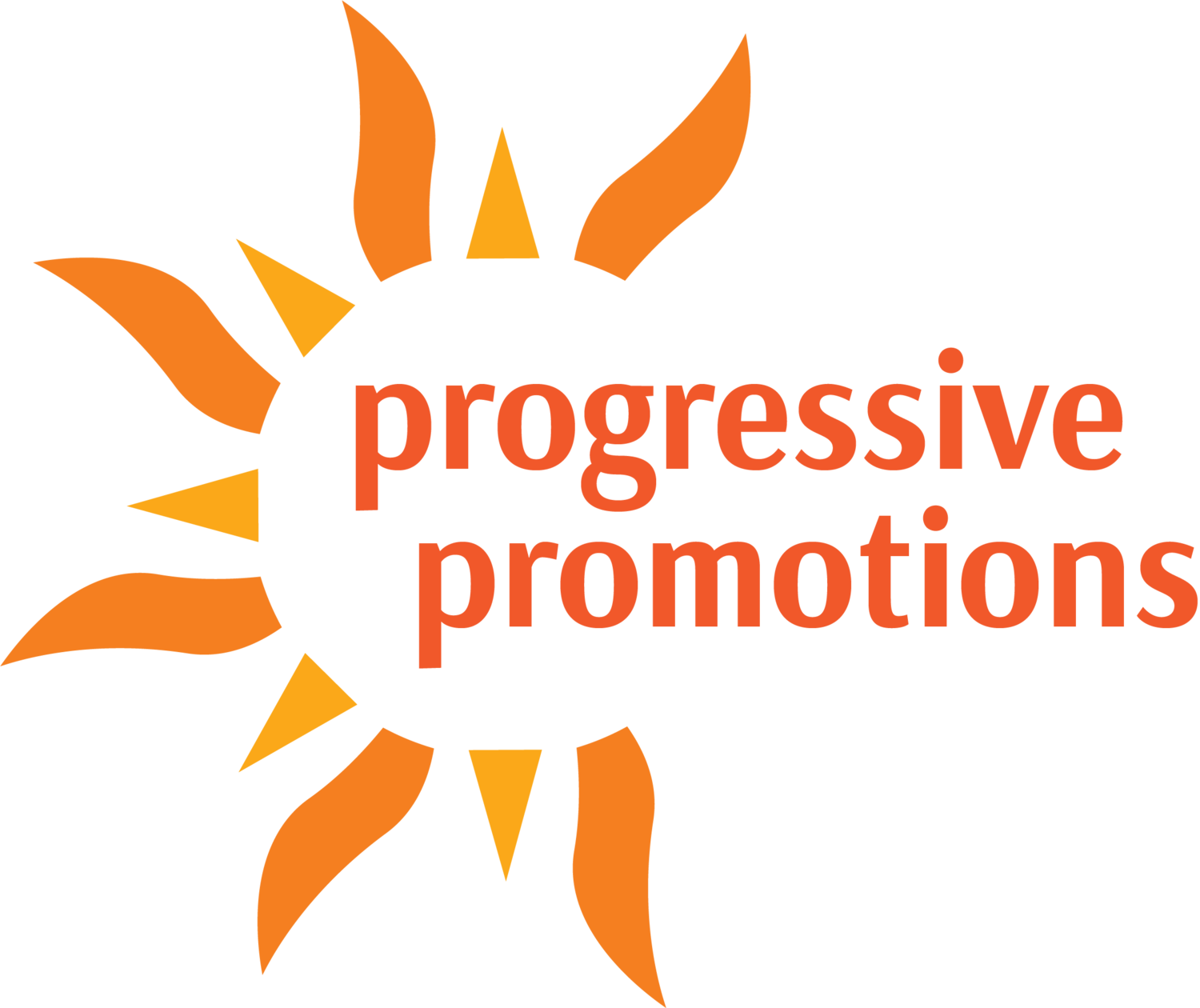Chances are you’ve heard about hashtags. Hashtags are all over social media, and are so pervasive that people even use them when speaking offline. Your organization probably uses one or two hashtags often, and a couple of fancy ones for when there’s a special event. If you’re of a certain age, you might be astonished at how the humble “pound sign” became so important.
What are hashtags?
To create a way to organize online content, developer Chris Messina proposed the idea of deliberately putting “#” in front of words or phrases in 2007 on the platform Twitter, and the practice has been integrated into Instagram, Facebook, Google+, LinkedIn, and many more since.
Hashtags are just that ---tags--- that create categories out of all the things people are talking about. Whenever you use a hashtag, that post is grouped with every other post containing that same hashtag in a single feed or conversation.
Hashtags are basically the Dewey Decimal System of the internet.
What can I use them for?
Hashtags can serve a few purposes.
Monitor an event. By encouraging your Twitter followers to use a certain hashtag when they’re at an event your organization is sponsoring, you can check the activity of your hashtag to know how many people are engaged online, as well as in person. Tracking the hashtag can also be useful if you want your attendees to help you create shareable content online. Take “Netroots Nation”, an annual conference. It’s easy to see what the favorite moments and big takeaways were in St. Louis this year by following the stream at #NN16
Track messaging traction and engagement in larger conversations. You can even use them to track how many people watching are engaged with your issue and what they are saying about it. Are the talking points of your campaign sticking or is another frame winning out in the conversation using the hashtag? In Colorado, the most notable example of this is #COleg, where all the reporters, legislators, and political organizations can be found during our legislative session. From January to May, this hashtag is the place to be to voice your opinion on current legislation and understand how opponents are framing it as well. Beware though: the trolling on this hashtag has become intense.
Make your content align with trends. In addition, hashtags can show you what topics are popular at any time on the platform you’re using so you can engage folks where they already are. Whether that’s Pokemon Go, Manhattanhenge, or the Trump/Pence campaign logo, looking up the trending hashtags on Facebook, Twitter, or Instagram will let you know what is trending in the moment so you can create and/or share related content - making it more likely to be engaged with.
How should I use them?
Twitter. This is the hashtag’s birthplace - you still get the most bang for your buck with hashtags on this platform. One, maybe two hashtags work well; any more and these already short posts seem spammy. When creating new hashtags for your organization, be sure to make sure people aren’t already using it, or else relevant posts will get drowned out. No matter what, simply having a hashtag in a tweet gets it twice as much engagement as a post without one.
Use a hashtag to create a “Twitter Chat” or to ask people to submit their questions or pictures about an issue you care about. Or use hashtags to see what the other side is saying.
Facebook. There used to be a time when the social media savvy teased people for using hashtags on Facebook. Even though the platform is compatible with hashtags, they are still hit or miss when it comes to how well they increase engagement. Our recommendation – don’t bother.
Instagram. This is where hashtags get fun. On Instagram, the more the better -- well, at least up to 30. Engagement spikes by 70% when you use 11 or more hashtags per post. Maximize your reach by piggy-backing on popular/relevant tags, and go for gold!
However, as with most things, do your research. Hashtags on Instagram create micro-communities -- the more unique, the more engagement you get. Find influencers in your area and see what hashtags they are using. Collect a few and start using and testing them. Once you find the best ones, have them ready to copy and paste every time you post.
Like many things on the internet, hashtags are not a goal unto themselves. They serve as a great tool to boost your message, get a clearer sense of how your target audience is interacting with your issue, and create a community around your issue. That being said, when you’re putting together your digital strategy, the focus should be content. The best content will always attract the people you want to… #hashtags will just help them find you.

